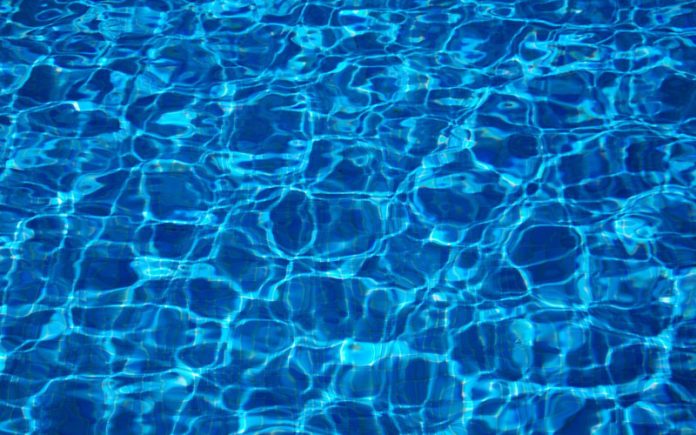Residential pools are fairly common in the US, with over 10 million of them between in-ground and above-ground models. They’re good for both recreation and low-impact exercise, which helps explain their popularity.
Of course, pools also come with maintenance needs and basic safety concerns after sitting unused over the winter months. You may find yourself wondering how to clean swimming pool water or if your swimming pool water is healthy.
If that’s you, keep reading for basic tips on how you can tell if your swimming pool water is safe and healthy for use.
Swimming Pool Water Color
Ideally, your swimming pool water is clear and picking up the color of the pool liner or tiles, typically blue. After sitting for the winter, though, you may see other colors.
The most common color is green swimming pool water, which you get from algae growth in the water. If the water is brown, black, or even purple, it can indicate the presence of other contaminants like iron, silver, or manganese.
Another common issue you might see is cloudiness in the water. If you notice color or cloudiness issues, it means your pool needs some maintenance before anyone dives in.
How to Clean Swimming Pool Water?
For your first annual swing at cleaning swimming pool water, you’ll typically use a chlorine shock treatment. It’s the essential swimming pool water disinfection treatment.
The chlorine will kill off things like algae, bacteria, and viruses in the water. It will also help to oxidize metal, which makes filtering them out of the pool easier.
For cloudiness in your water, the issue is almost always in your swimming pool water pump filters. There are a couple of filtering approaches.
Above-ground pools use sand filtering systems, while in-ground pools typically use cartridge filtering systems. You should minimally replace the sand or filter cartridge at the beginning of each season. That helps ensure your water remains clean.
Swimming Pool Water Safety
Adding chlorine does a pretty solid job of ensuring pool water safety, but you must also worry about things like the pH balance in the pool. There are a couple of testing methods, such as liquid test kits or testing strips. These will let learn and adjust the pH balance in your pool to a healthy level.
If you want to get really serious about water health, you can take a pool chemistry certification course through a service like Pool Certs. It will help you interpret the information you get from the liquid test kits or testing strips.
Swimming Pool Water Health and You
Swimming pool water health isn’t a casual concern for most homeowners. No one wants their loved ones or themselves to get sick from jumping into the pool.
Fortunately, things like chlorine shock treatments, pH balancing chemicals, and testing kits let you kill off anything in the pool and ensure a healthy pH balance.
Looking for more home maintenance and home health tips? Check out some of the posts over in our Lifestyle and Tips sections.










